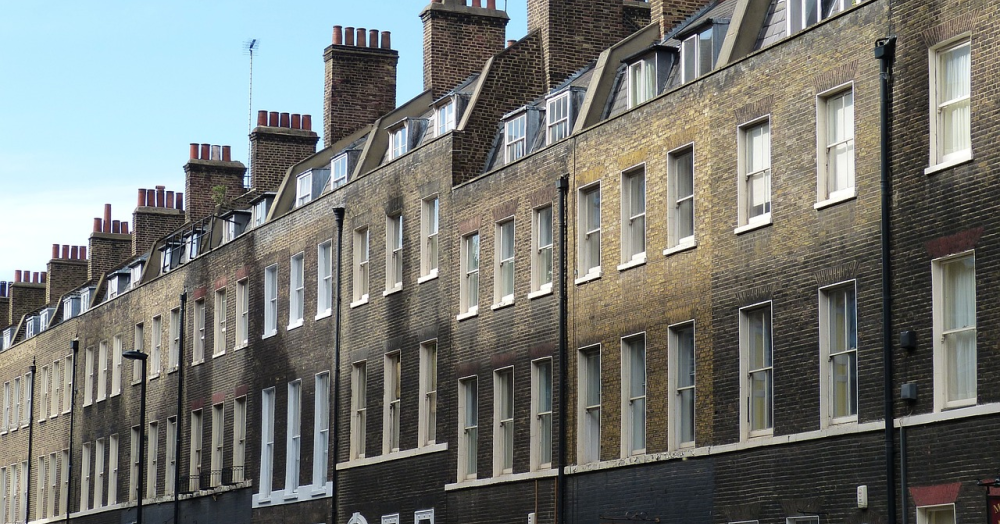
Interest rates held at 5.25%: here’s what it could mean for mortgages
The Bank of England (BoE) has announced it will hold the Base Rate at 5.25% again this month.
The Bank had been raising interest rates to tackle high levels of inflation. The Government sets the Bank a target of 2% inflation, but it’s currently much higher, at 6.7%. The Bank is working towards reducing inflation to 5% by the end of the year.
But the right balance needs to be struck between lowering inflation and keeping the wider economy healthy. Today’s announcement shows the Bank’s belief that its plan to tackle high inflation is working. And that continuing to raise rates may have a negative knock-on effect to households’ and businesses’ finances, further down the line.
What’s happened to mortgage rates recently?
Base Rate increased in August and was held in September, but we’ve actually seen mortgage rates edge down through this period. This is because mortgage lenders were expecting this rise, and had already priced it into the rates they offered to borrowers.
We’ve also seen mortgage rates edge down over the past three months, from their peak at the end of July. The average 5-year fixed rate has fallen from 6.08% in July to 5.38% this week, and the average 2-year fixed rate has fallen from 6.61% in July, to 5.84%. You can check the current average mortgage rates for different terms and deposit sizes here, which we update weekly.
Swap rates – which dictate the underlying costs of mortgages for lenders – have continued to fall, even though we didn’t see a drop in inflation in September. So we can expect mortgage lenders to get even more competitive with their pricing in the coming weeks, and reduce rates even further.
What do the experts think?
Our mortgage expert, Matt Smith, says: “A second consecutive pause is a good indicator that Base Rate has reached its peak, which will be reassuring to those looking to take out a mortgage soon. Today’s decision was widely expected, as many of the factors that contributed to the hold in September appear to be continuing. Plus, the drop in energy prices as a result of the recent Price Cap change means we’ll hopefully see a drop in inflation when next month’s figures are released.
“We’ve now seen the arrival of a sub-5%, 5-year fixed rate mortgage in the important 85% loan-to-value bracket: the deposit size we see for many first-time buyers and home-movers. After today’s news, we can expect mortgage rates to continue to edge downwards,” he adds.
What does the Base Rate hold mean for my current mortgage?
Changes to the Bank’s Base Rate can impact how much interest you’ll pay on loans, including mortgages. If you’re on a fixed-rate deal, your monthly payments won’t change until the end of your deal. And if you’re on a variable or tracker mortgage, this month’s Base Rate hold will mean your monthly payments remain the same.
If you’re coming to the end of your fixed-rate mortgage soon, you’ve probably already started to think about the rate you’ll be offered on your next deal. In July, the Mortgage Charter was launched to help those struggling to meet their monthly payments, as well as borrowers who are coming to an end of their fixed rates soon.
Under the Mortgage Charter, borrowers will be able to lock in a new deal up to six months before your expiring deal ends. You can also request a better like-for-like deal with your lender up to two weeks before your new term starts, if one is available.
If you want to know more about what to consider when looking for a mortgage rate, take a look at our article: choose whether a 2 or 5-year fixed could be the right option for you.
When could interest rates start to drop?
The Bank of England’s Monetary Policy Committee meets about every six weeks to discuss and vote on whether interest rates should go up or down, or stay the same.
Though signs are showing that Base Rate is at its peak, it is likely to remain flat for most of 2024, before starting to drop. History has shown that after interest rates have increased over time, they have remained flat before starting to come down. So we might not expect to see Base Rate start to come down until the latter half of 2024, at the earliest. But this could move forward or backward, depending on changes in the broader economic environment.
Sourced from Rightmove